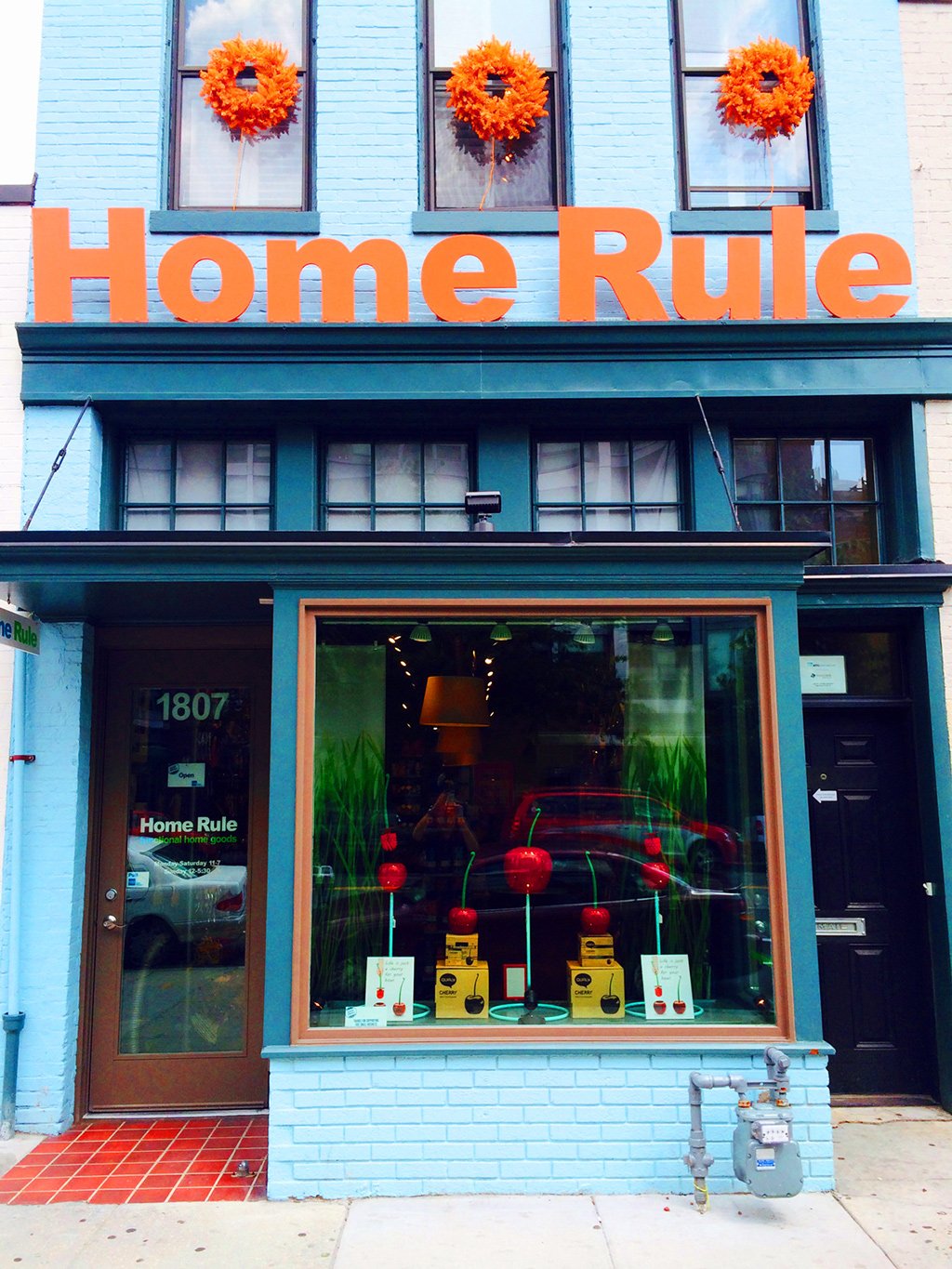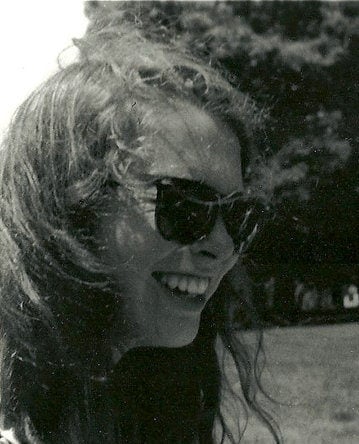The longtime 14th Street home-goods store Home Rule is closing this month after 20 years of business. Its founder, Greg Link, and co-owners Grace Allison and Rod Glover made the announcement via a letter on the store’s website. The shop will host a monthlong closing sale, with everything 25 percent off this week, 50 percent off next week and the week of March 18, and 75 percent off the week of March 25. The final day will be March 31.
We spoke with Link about 14th Street’s changing landscape, being one of the last old-school spots on the block, and what DC’s future retail scene looks like.
When did Home Rule open?
September 4, 1999. I founded the store and brought in partners [Allison and Glover], who are now co-owners with me. It had been abandoned for a while. It was a home to pigeons and graffiti more than anything else. It’d been part of an annex for the Quick electric motors building—that’s who owned the building beforehand. They fixed elevator motors. Can you believe that? Back then, they had all this electric-cable stuff. It was a timepiece in and of itself.
And it went through the riots of 1968, right?
At that time, everything on 14th Street was boarded up. When I took the plywood off the windows, the ones that had been broken in the riots were still sitting there broken. It was bizarre—all the old decals that had been there and the painted advertisements were still there, so I took that glass and made it into the counter of the shop. In fact, that’s one of the coolest things in the shop and the only thing I want out of the space. Around the 40th anniversary of Martin Luther King Jr.’s death and the riots, we were interviewed in the store about the countertop. You don’t expect some things in your life, and I didn’t expect that I would get interviewed and discuss something like that in regards to MLK Jr. It was weird that I had a little role in that day.
What made you pick that location for a home-goods store?
I had been selling home goods to stores in mostly suburban areas. There was nothing there [on 14th] at that time—literally nothing. You could have gotten something at the hardware store on 17th Street or the Safeway, but as far as anything functional and fun and unique, there wasn’t anything. Fourteenth Street back then was really affordable. I just hoped that if I opened something selling things that people needed and made it accessible, it would work. And it did. People responded immediately. It was a really great time in DC—it was a renaissance. And then came the big box stores. All of a sudden, there was the Bed Bath & Beyond in Columbia Heights.
How has the area changed since you opened?
It’s not the same neighborhood that we opened up in. It’s vibrant and exciting, but like everyone who has been around a place for a time, you reminisce about what was. There was a real sense of family and camaraderie. One of my greatest friends was Noi Chudnoff, who owned the store next to me [Go Mama Go!]. I still miss her. She was a really hard act of follow.
So why close now?
We’ve been doing the best we can for 20 years. It’s just time for us to do something different. We’re not the newest and youngest group in town any longer. The store still makes a profit, and we’re all still friends, but it’s time. We’ve had our good 20-year run, and we’re ready to give the space to someone else.
Do you have any idea of who’s going to take over the space?
I own the building, and I haven’t leased the space. If I was smart, I would rent it out to Verizon [or another big-name store], but I’m not smart. I’d much rather rent it to somebody who was local and fun and starting up from their bootstraps like we did.
What do you think is in the future for DC neighborhood retail?
So many neighborhoods have gone through change in a way that they all seem busier and ritzier. And in a lot of ways that’s good, but there’s no Brookland left, in a sense. Like the Capitol Riverfront—my God, everybody loves that, but how much more preplanned can you get? It’s not what our neighborhood was when it first began or the H Street corridor when it began or Capitol Hill. There were so many more areas that were a lot earthier and less planned out.
I always expected that 14th Street would become what it is now. It’s hard for me to say the next step. Are we going to have a middle ground that exists [besides] Amazon? Will you only have two ends of the spectrum [when it comes to brick-and-mortar retail] and everything else is online? It’s a hard call to say what will happen in retail, but that will be reflected on 14th Street.
What’s next for you?
I’m really into gardening and sustainable agriculture, so I think that’s what I’m going to find myself doing. If I do another store, I think I’ll do a plant store, something you can sell over the web.
And how has the response to your closing announcement been?
It’s hard. There have been a lot of sad goodbyes. But somebody I had been working with for years congratulated me, and I was like, “Oh, my God, he gets it.” It’s sad I have to say goodbye, but we’ve worked hard for 20 years. We kept the store open and made a profit and did the best we could, so we should be congratulating ourselves.
This interview has been edited and condensed.



















